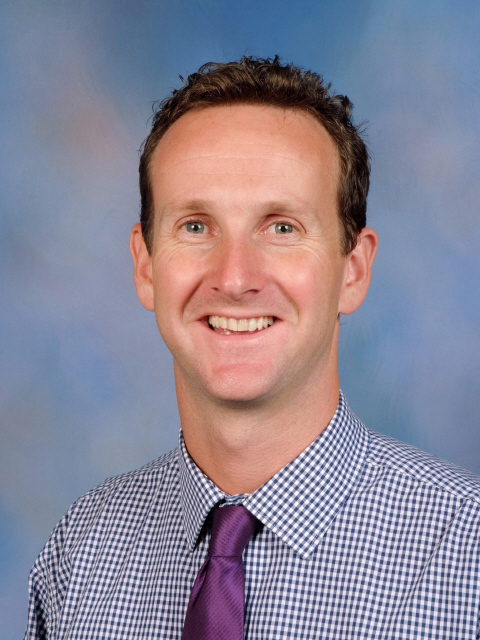
CURTIS STONE
VICE PRINCIPAL | HEAD OF MORNINGTON YEAR 10-12 CAMPUS
With the weather becoming cooler and everyone spending more time indoors, we have seen a moderate spike in recorded COVID-19 positive cases. Combined with a significant rise in absence from other illnesses (Influenza and common cold), it is timely to revisit how we take responsibility for our own health, and for the health of those who we are around in our school community.
First and foremost – the directive to stay home / go home if unwell is paramount.
If you start to feel unwell at school, or experience symptoms, you must inform teachers and report to Sick Bay to go home. Your parents will be contacted, and arrangements will be made for your pick-up. Any assessment you have can be rescheduled.
Please note that a negative RAT does not mean that you are able to be at school if you are unwell or symptomatic.
Facemasks are not mandatory unless you are a Household Close Contact and are required to wear a facemask at all times indoors or travelling on a bus or other public transport.
However, facemasks offer the best single personal protection. For that reason, facemasks are still recommended.
Make use of all Air Purification systems, alternatively where weather permits, utilise fresh air ventilation.
Please be aware that Air Conditions which are not exhausted to outside, only control temperature and push air around. They do not filter or clean air within a room or given space.
Where possible, maintain your social distance. Whilst there is less focus on this, the science has not changed. Infectious air droplets are less likely to carry more than 1.5m.
Lastly, continue to keep cleaning down your work surfaces and equipment before use. Cleaning-Disinfecting chemicals and paper towel should be available in each workspace.
Utilising the Hand Sanitiser provided is also an excellent source of personal protection, particularly before eating and after being in contact with any high-touch objects – door handles, handrails, etc…
Take steps to keep yourself safe and healthy, and at the same time contribute to the health and safety of everyone on campus.
Thanks for your ongoing support of the health and safety of all within the Padua community.
A Night to Remember!
Last week's Year 12 Formal was a night filled with joy, connection, dancing, and a whole lot of fun! Held at the Mornington Racecourse on Friday 13 May, the Year 12 cohort gathered together for a night of celebration. The theme for this year was a 'starry night' which saw the venue decorated in stars, fairy lights, and balloons. People took to the dance floor, caught up with friends, and enjoyed some great food as well. Overall, Formal was an awesome night and a great way to connect and celebrate together.
Kirrally Gardiner
College Vice-Captain






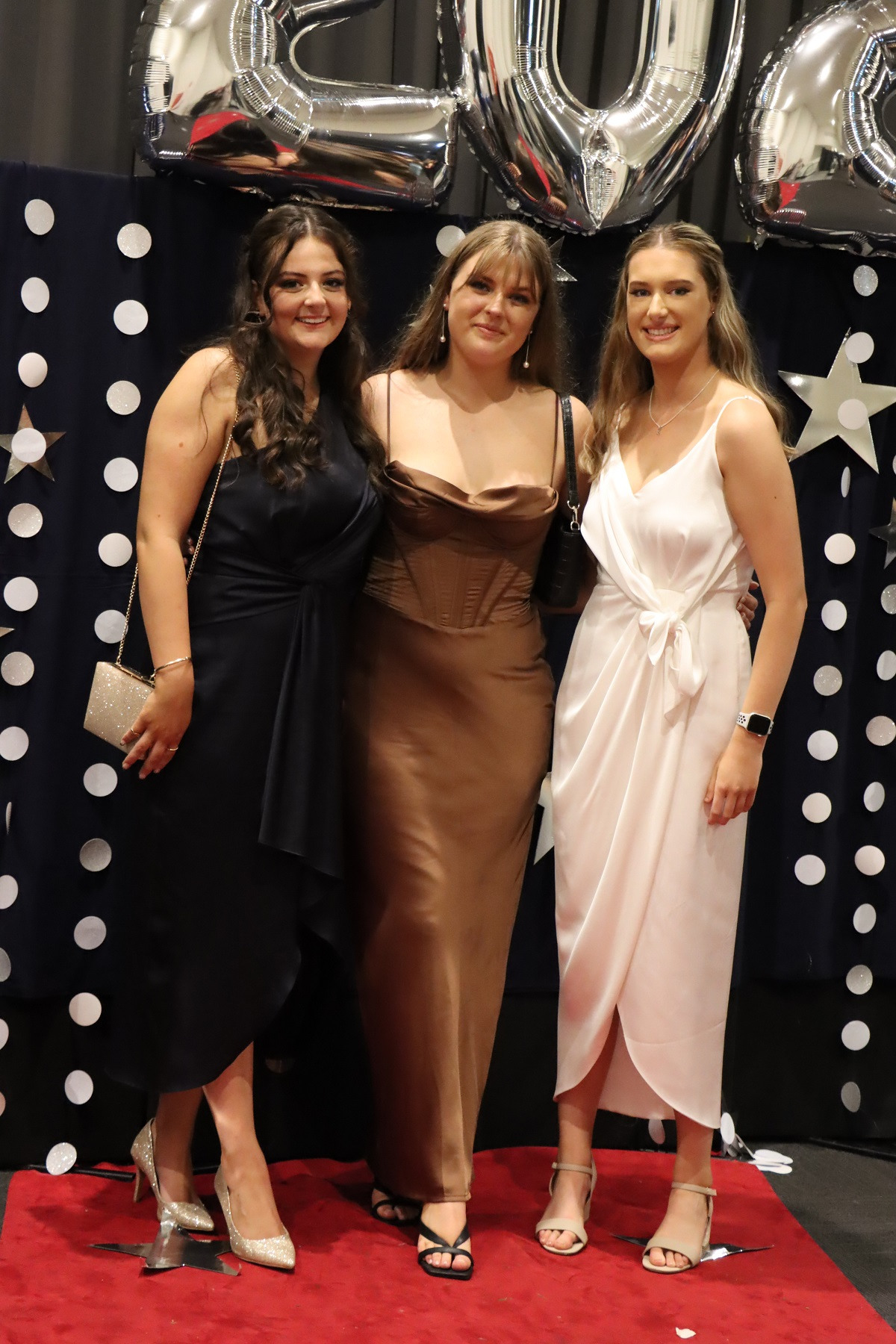
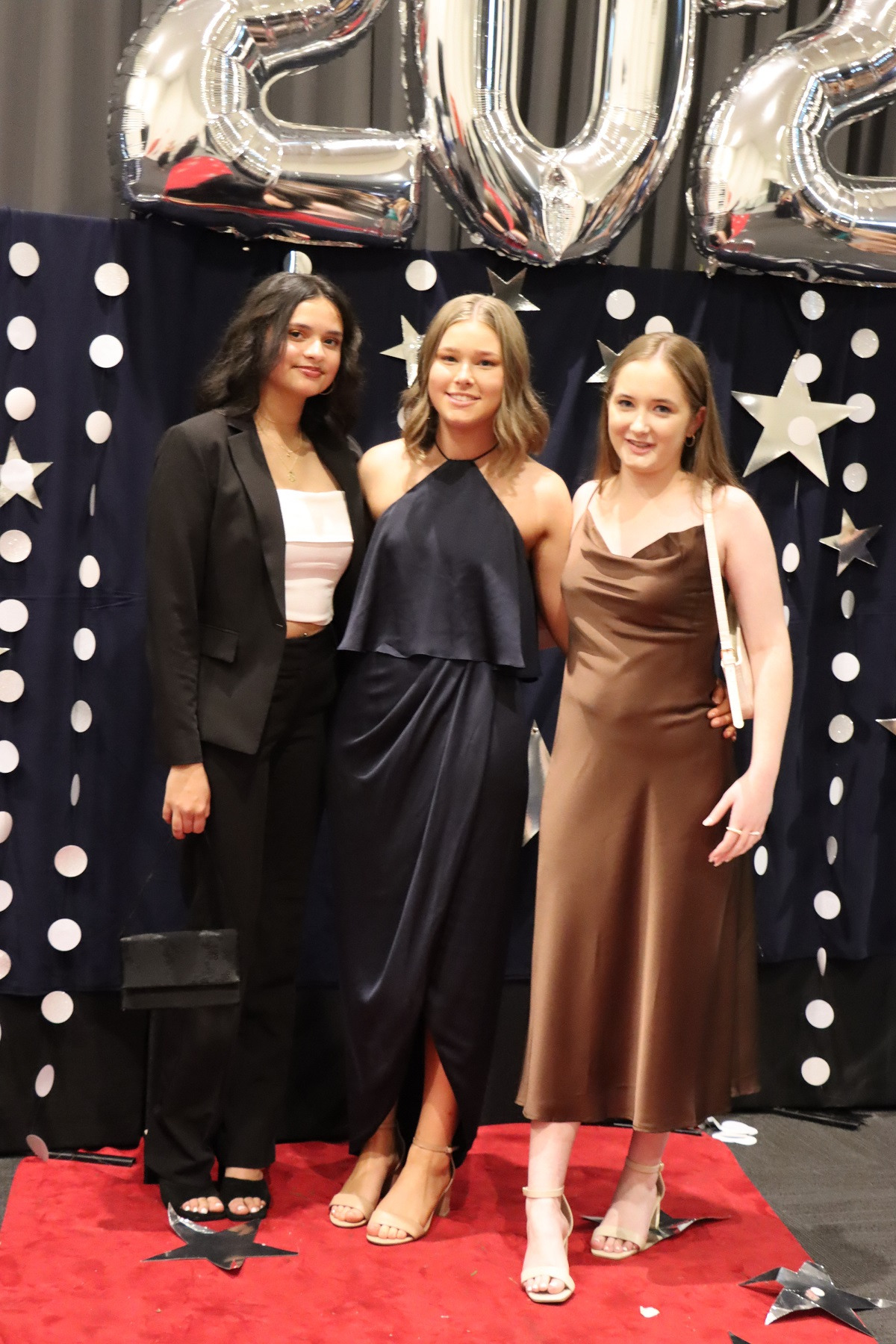

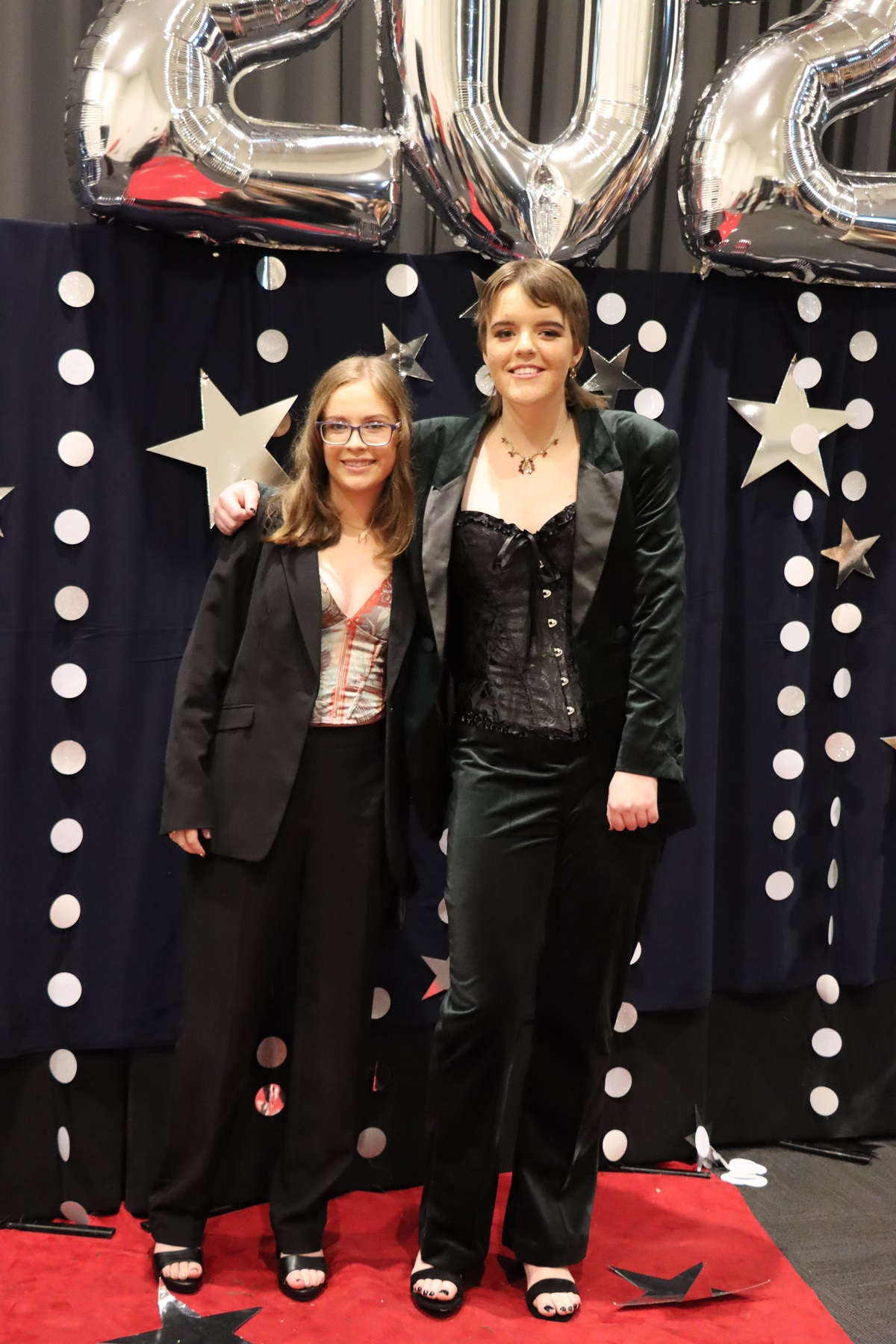
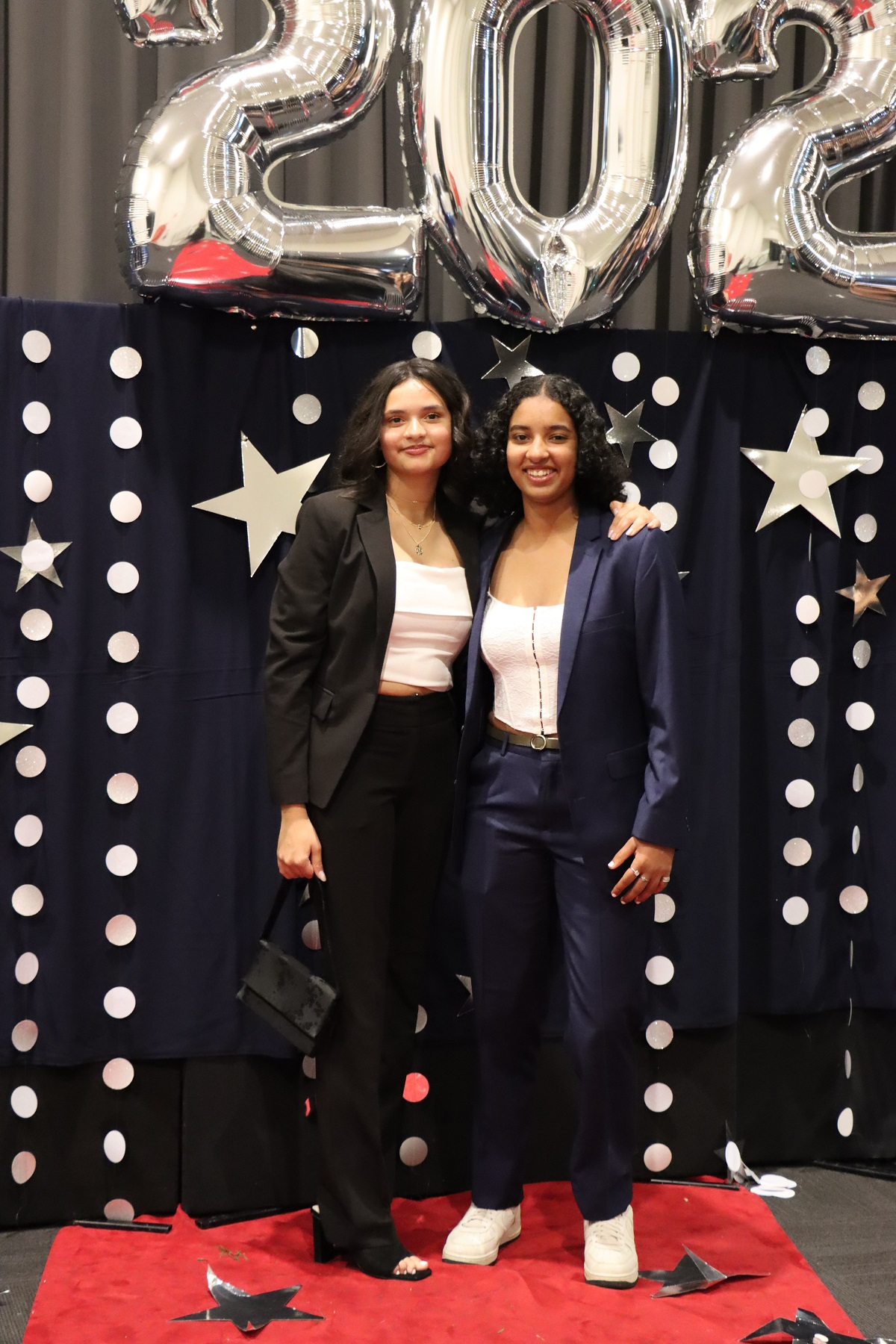



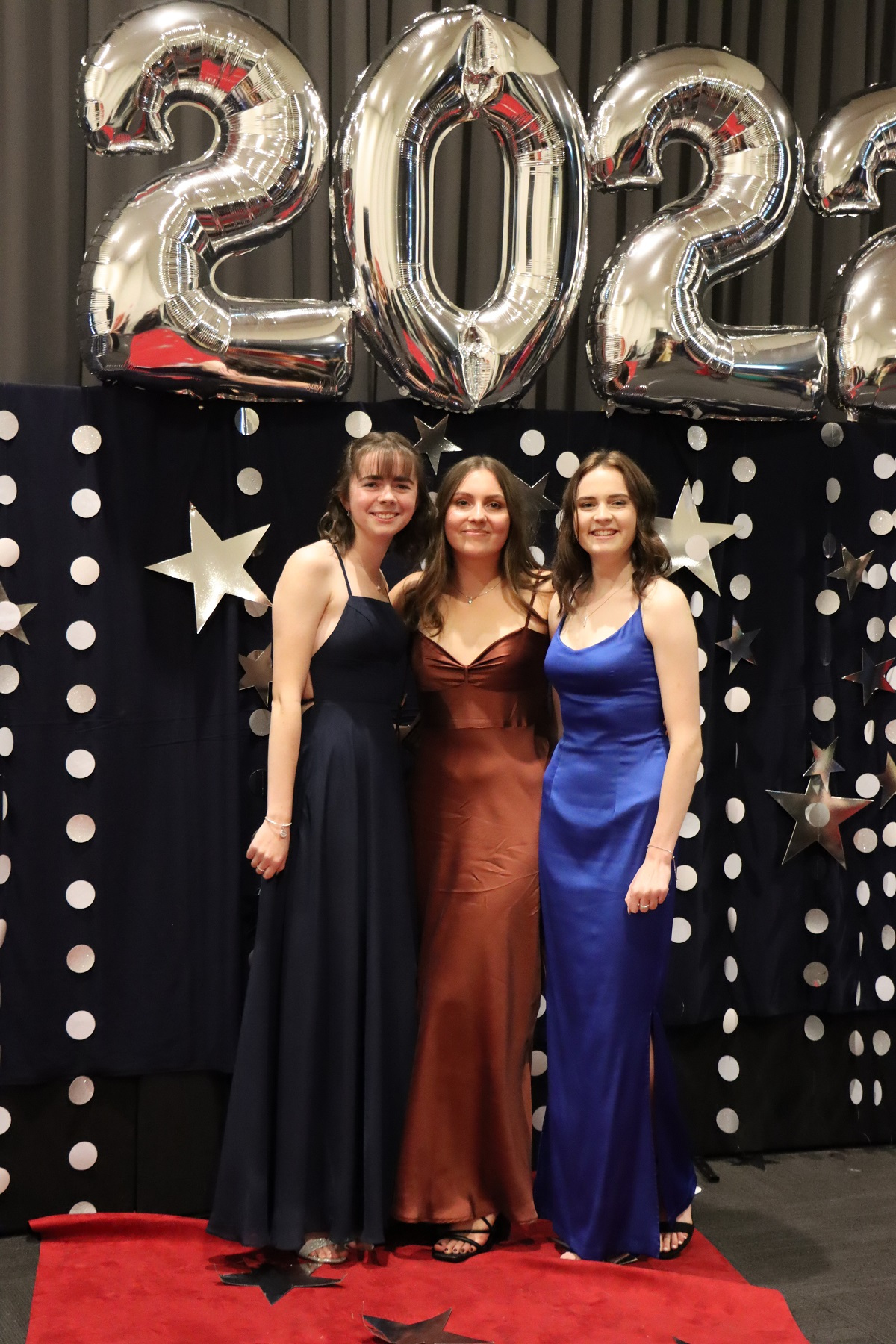
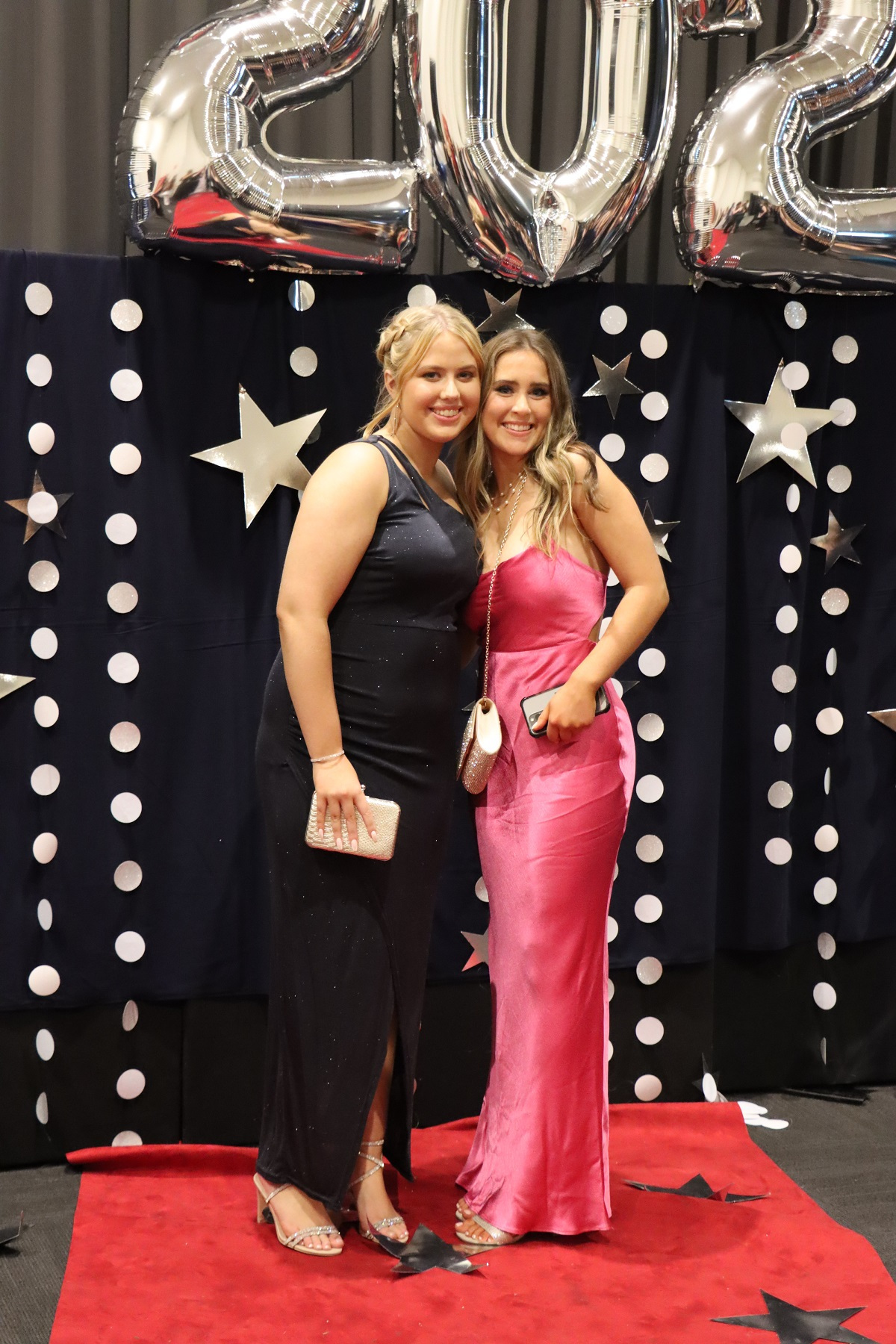


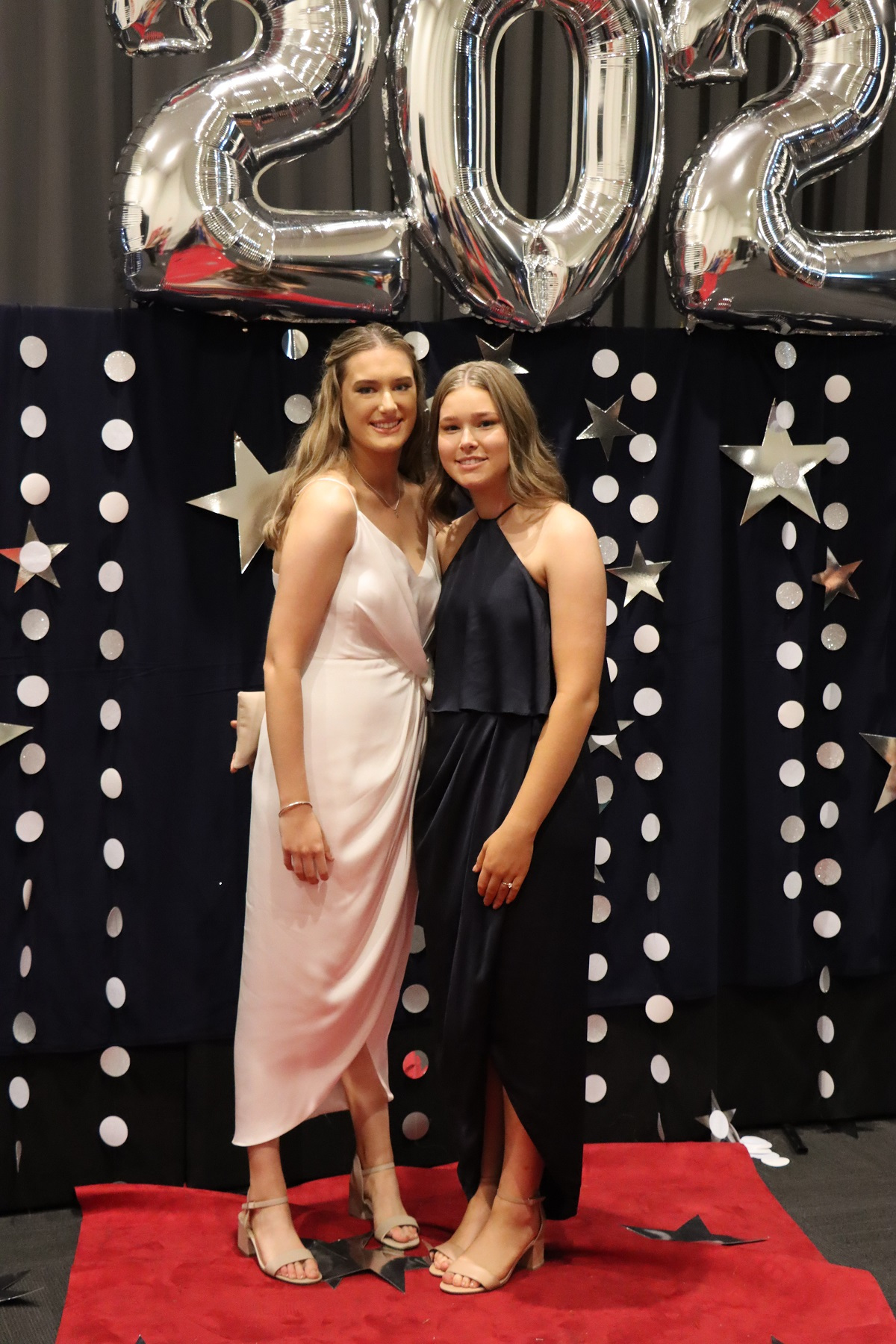

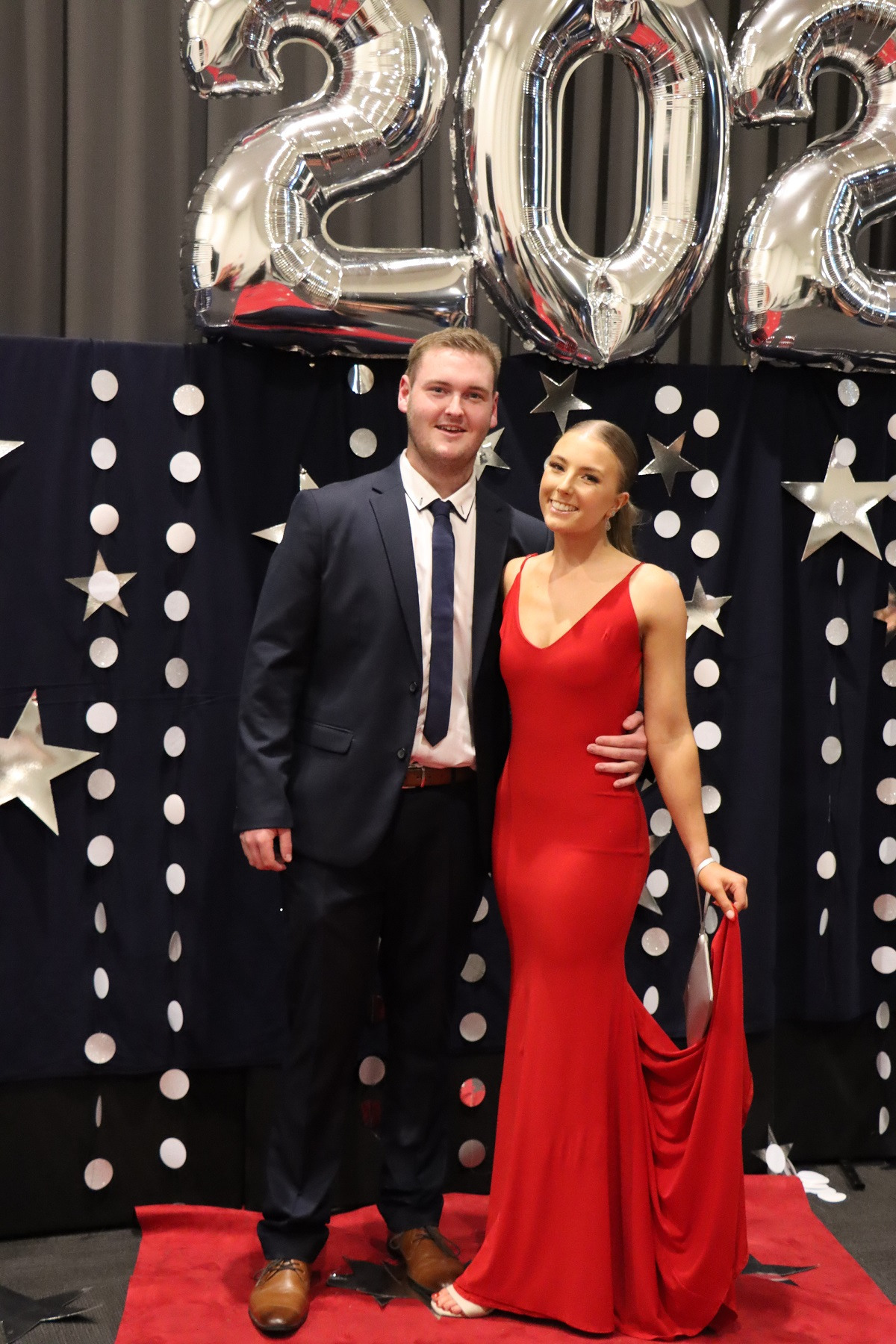

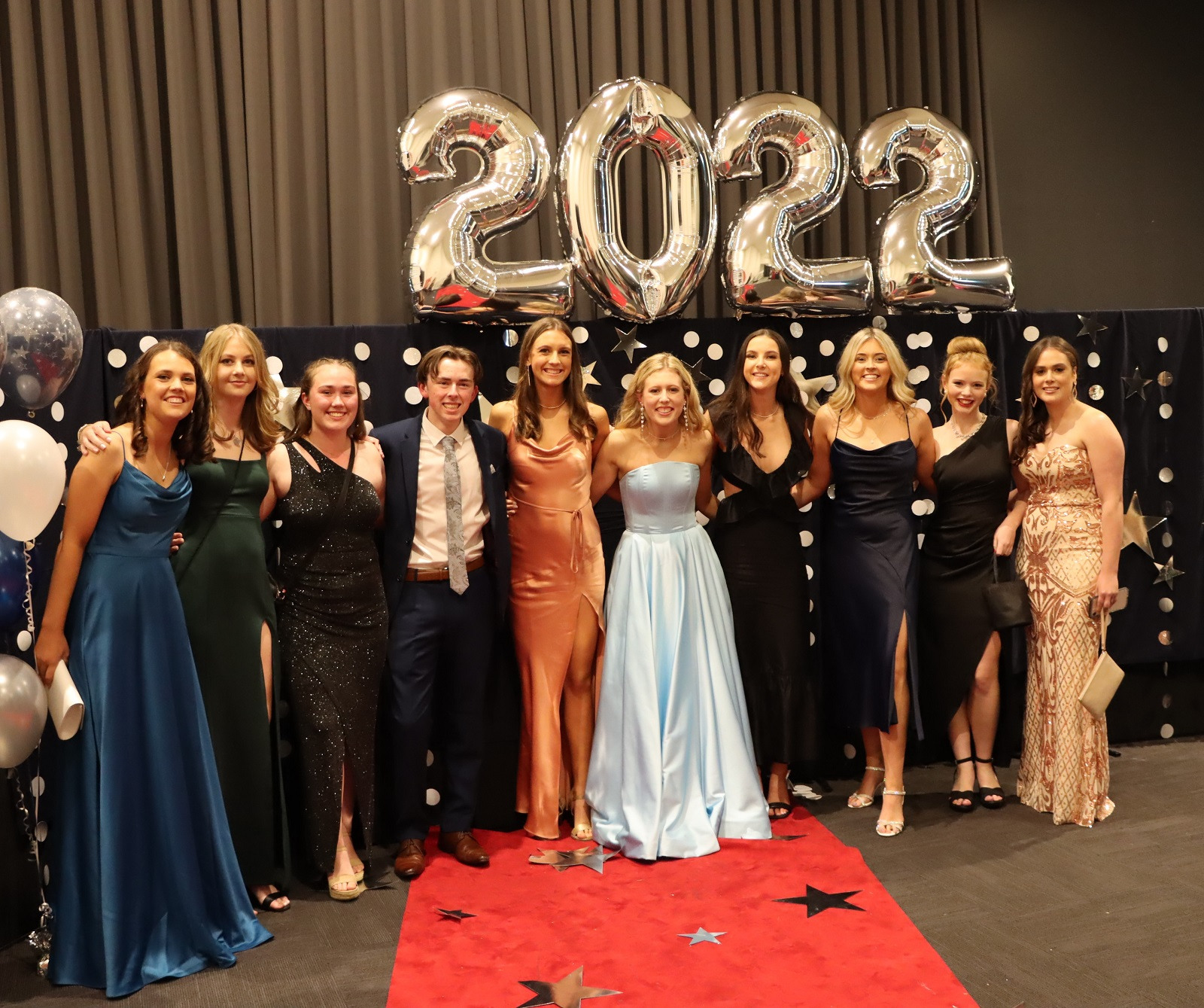



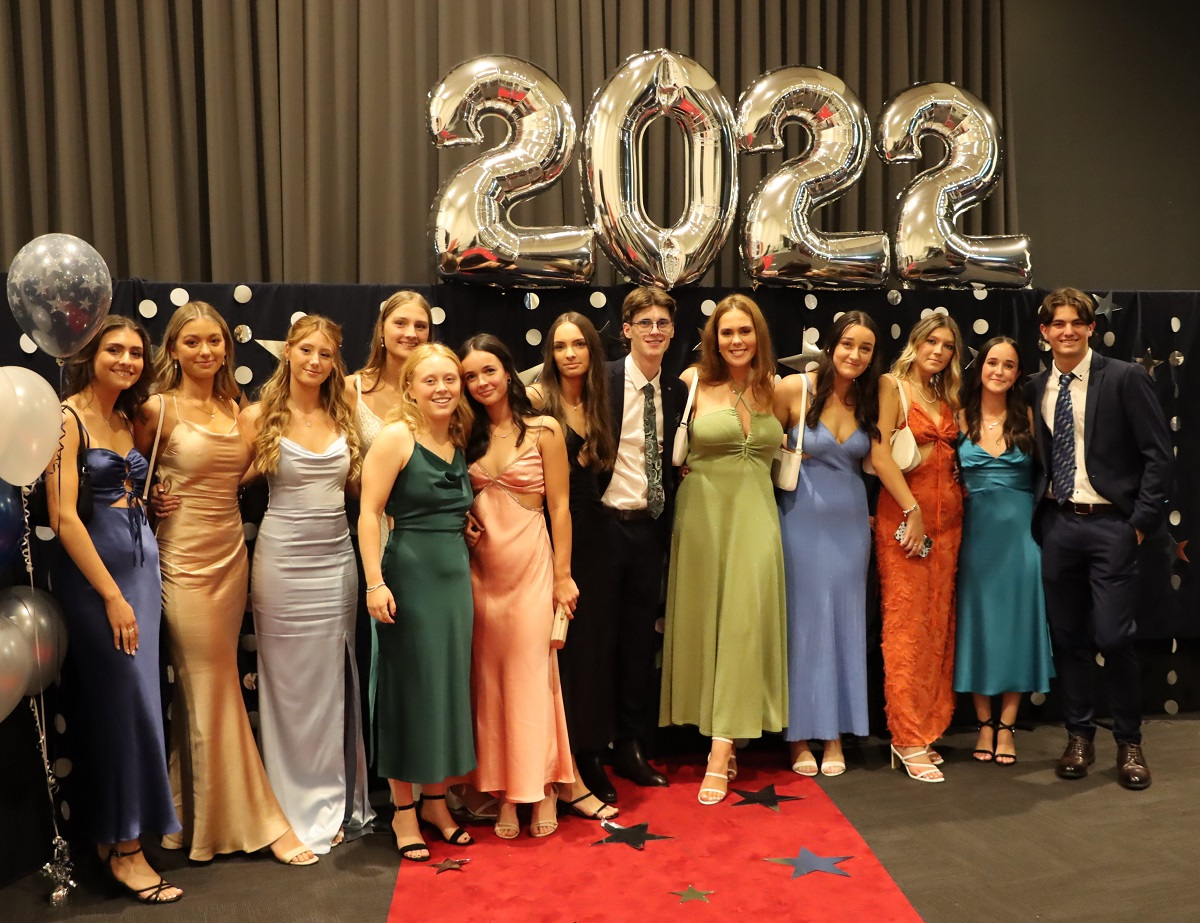








CAP in the CBD
On Wednesday 18 May, a group of Year 10 Catholic Action Program students led by Faith Co-ordinator Ms Leah Hirt visited Melbourne’s CBD to hear about the 'why' and 'how' of homelessness in the city. Students were spoken to by Front Yard, a service for 12–25 year-olds. Padua College Year10 CAP students were taken to sites common for rough sleeping. More importantly, they heard about the reasons why young people might find themselves in crisis sleeping arrangements. A common conversation on the train home was gratitude for having a warm bed and a place to call home.
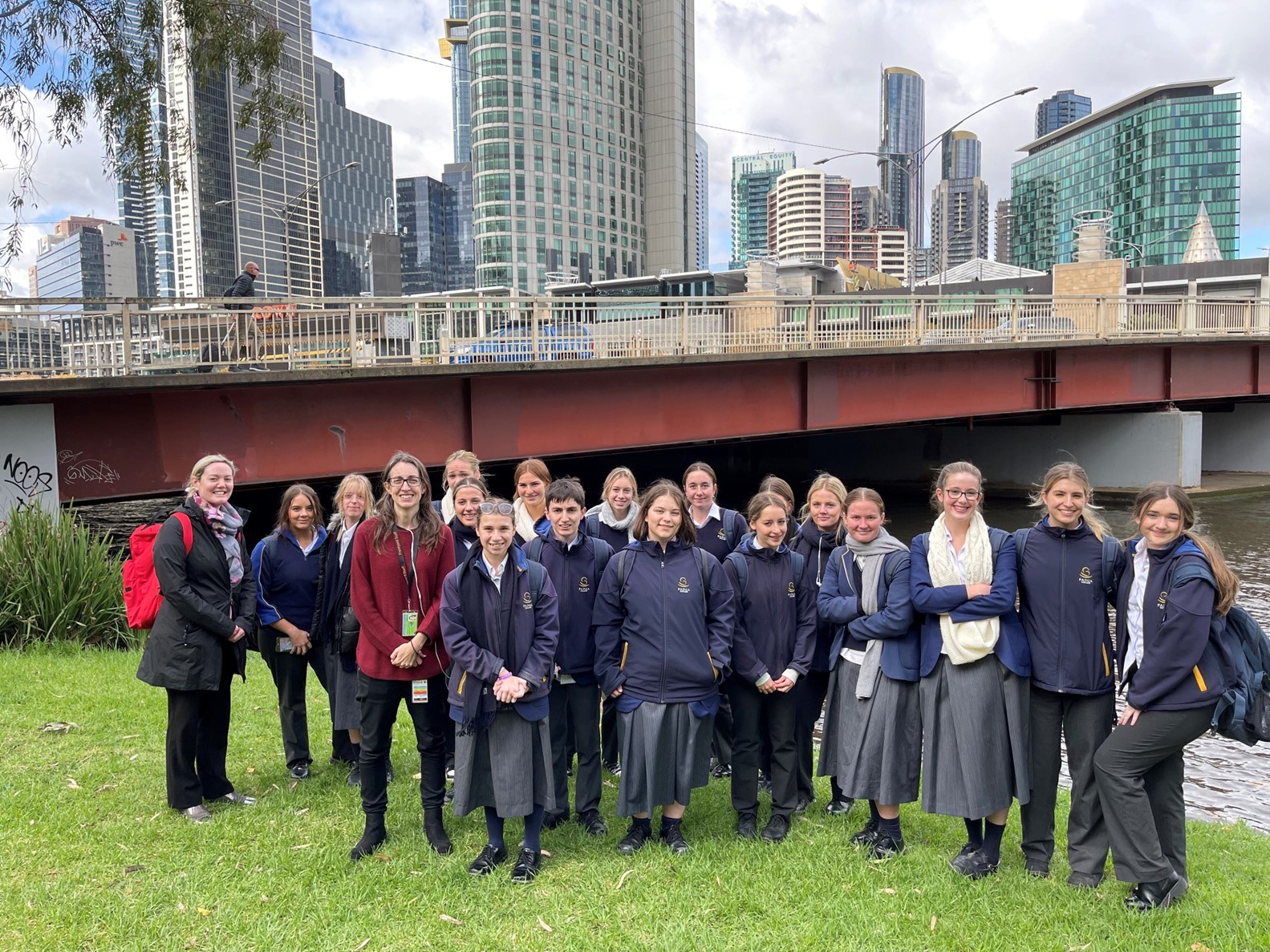
Year 11 Economics Excursion to RMIT and the Queen Victoria Markets
On Friday 6 May, VCE Economics students travelled into the city to take part in activities at RMIT and the Queen Victoria Markets. The presentation at RMIT provided an overview of university life and the courses and pathways available to students in the areas of Business, Economics and Finance.
The students then visited the Queen Victoria Markets to develop their understanding of the way markets work in Australia. They were able to gather information about how the level of competition and market power influence prices. Thank you to Mrs Shannon Maher for attending with us on the day.
Kate Kerr
VCE Economics Teacher
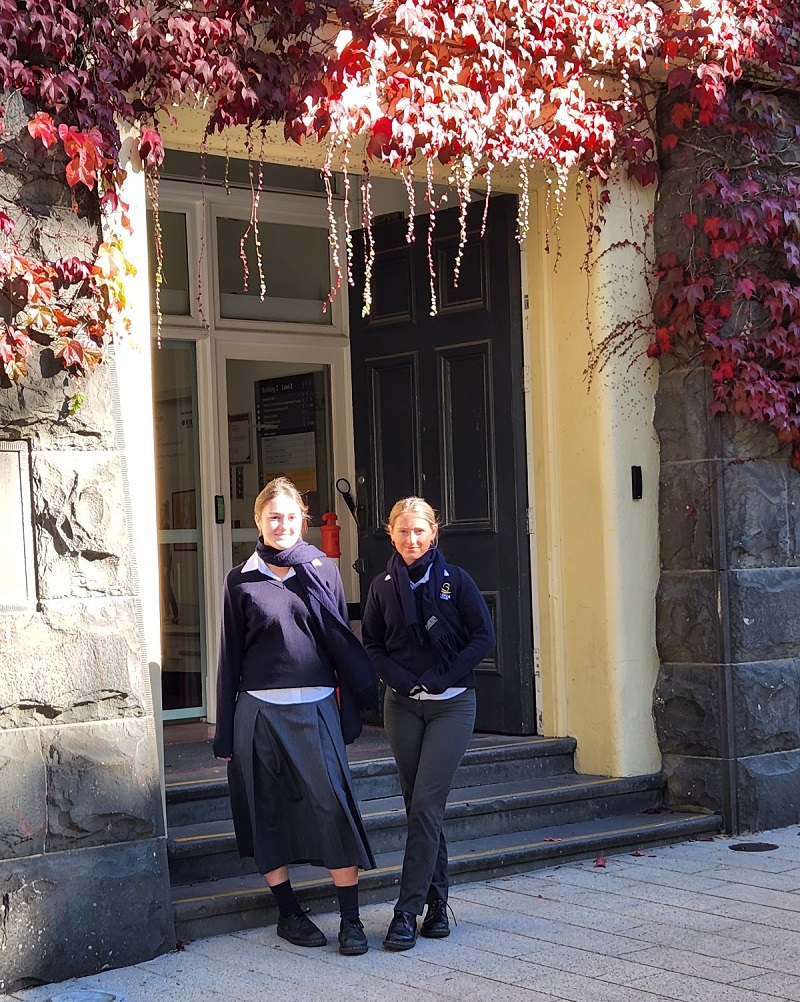
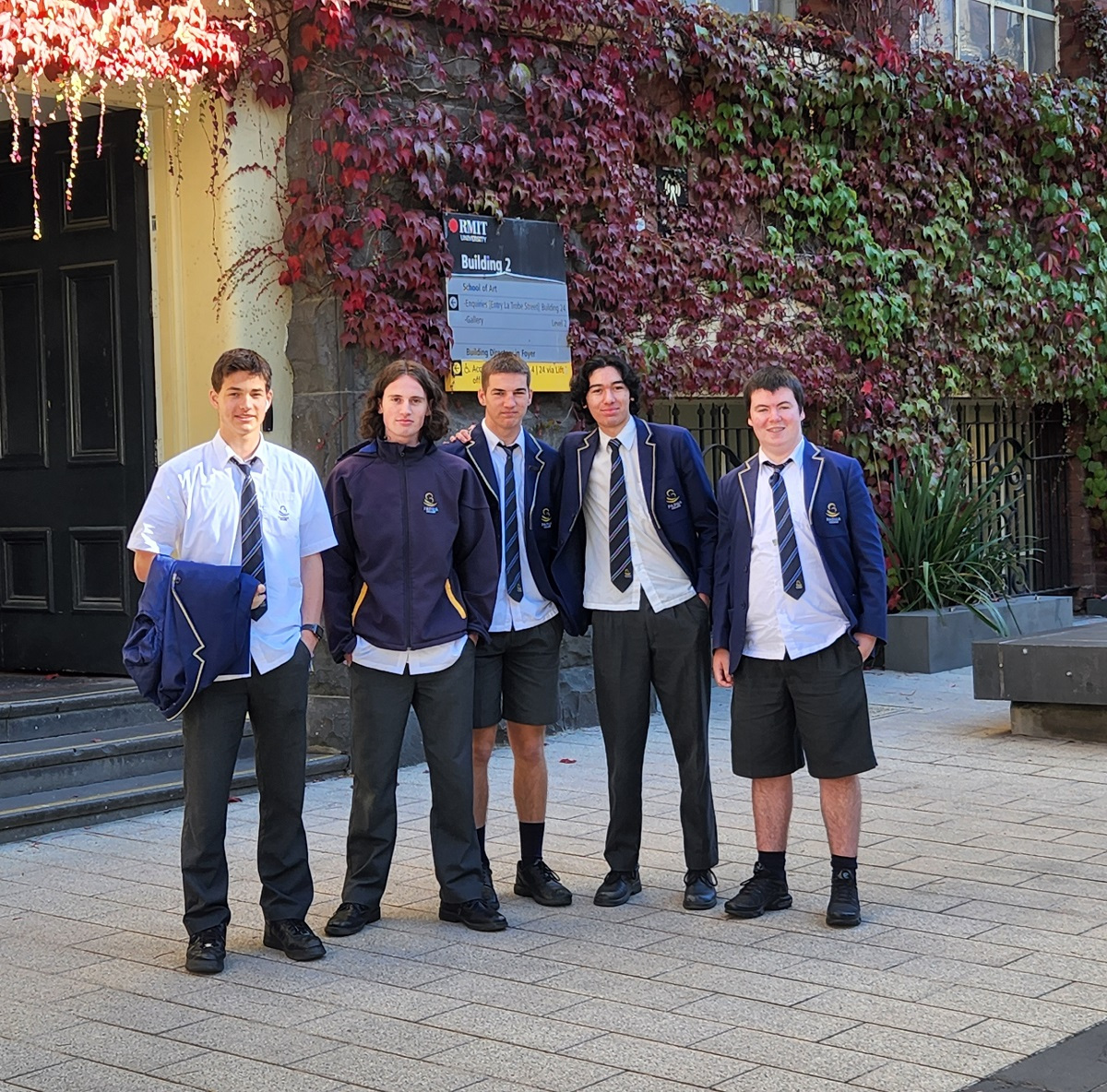
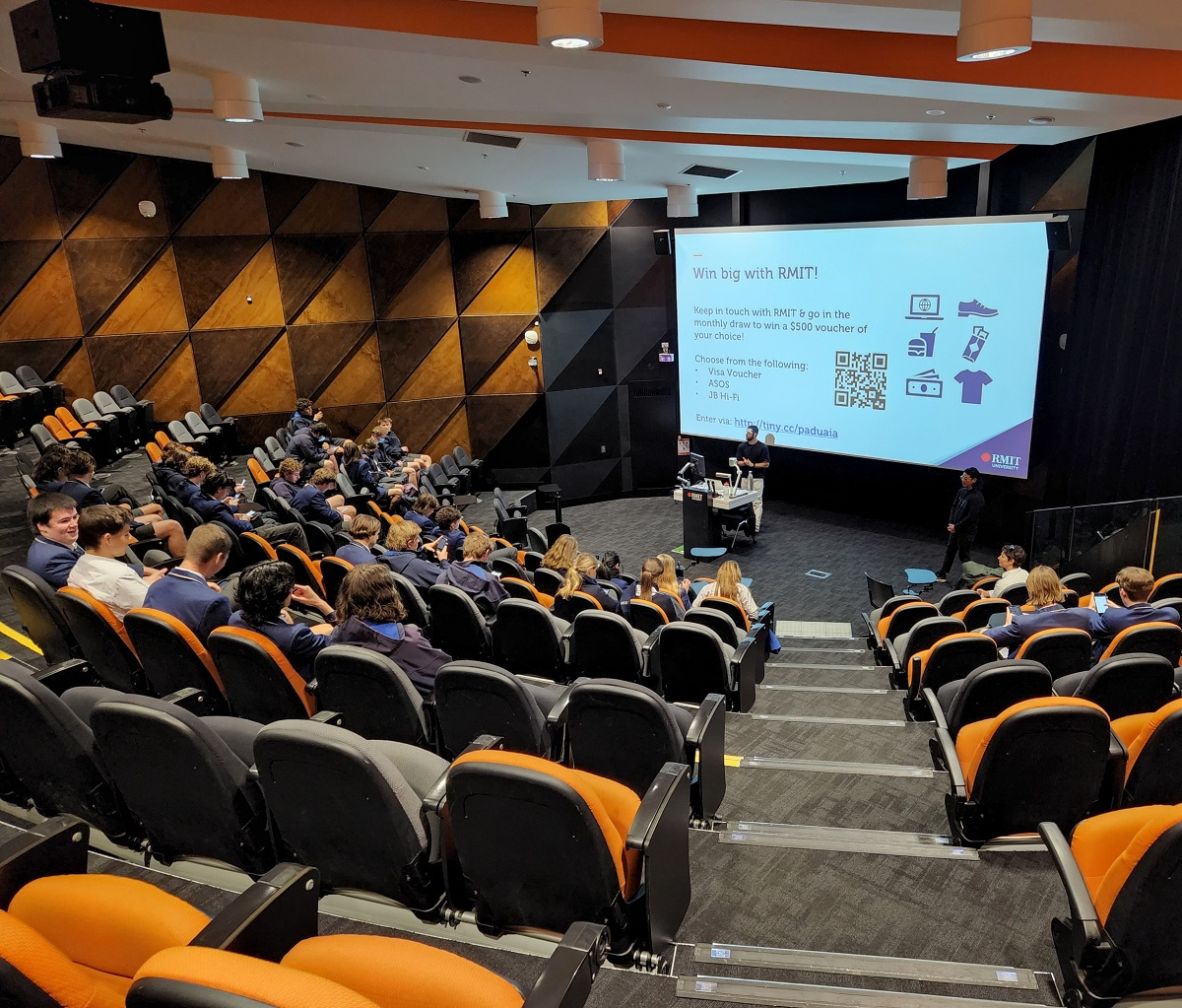




Nationally Consistent Collection of Data (NCCD) On School Students with Disability
Schools are required to complete the Nationally Consistent Collection of Data on School Students with Disability (NCCD) every year. It counts the number of students who receive additional adjustments or “help” at school because of a disability. The NCCD helps governments plan for the needs of students with disability.
Schools work together with families to understand the needs of each child. It is helpful if families give their child’s teacher a copy of any letters or reports they have. The letters or reports will help the school understand the child and the help that they might need. Letters from doctors, psychologists, speech pathologists, doctor, and occupational therapists etc. can be very helpful for schools. These reports along with information that the teacher has (i.e. school based tests, your
child’s work and learning plans) helps the school to understand and meet your child’s needs.
You can read more about the NCCD on School Students with a Disability in the link below:


